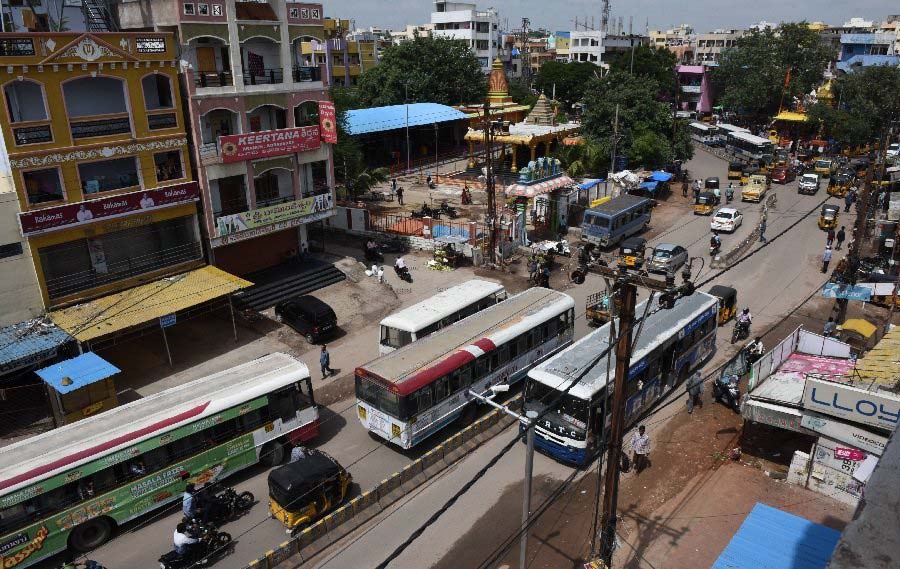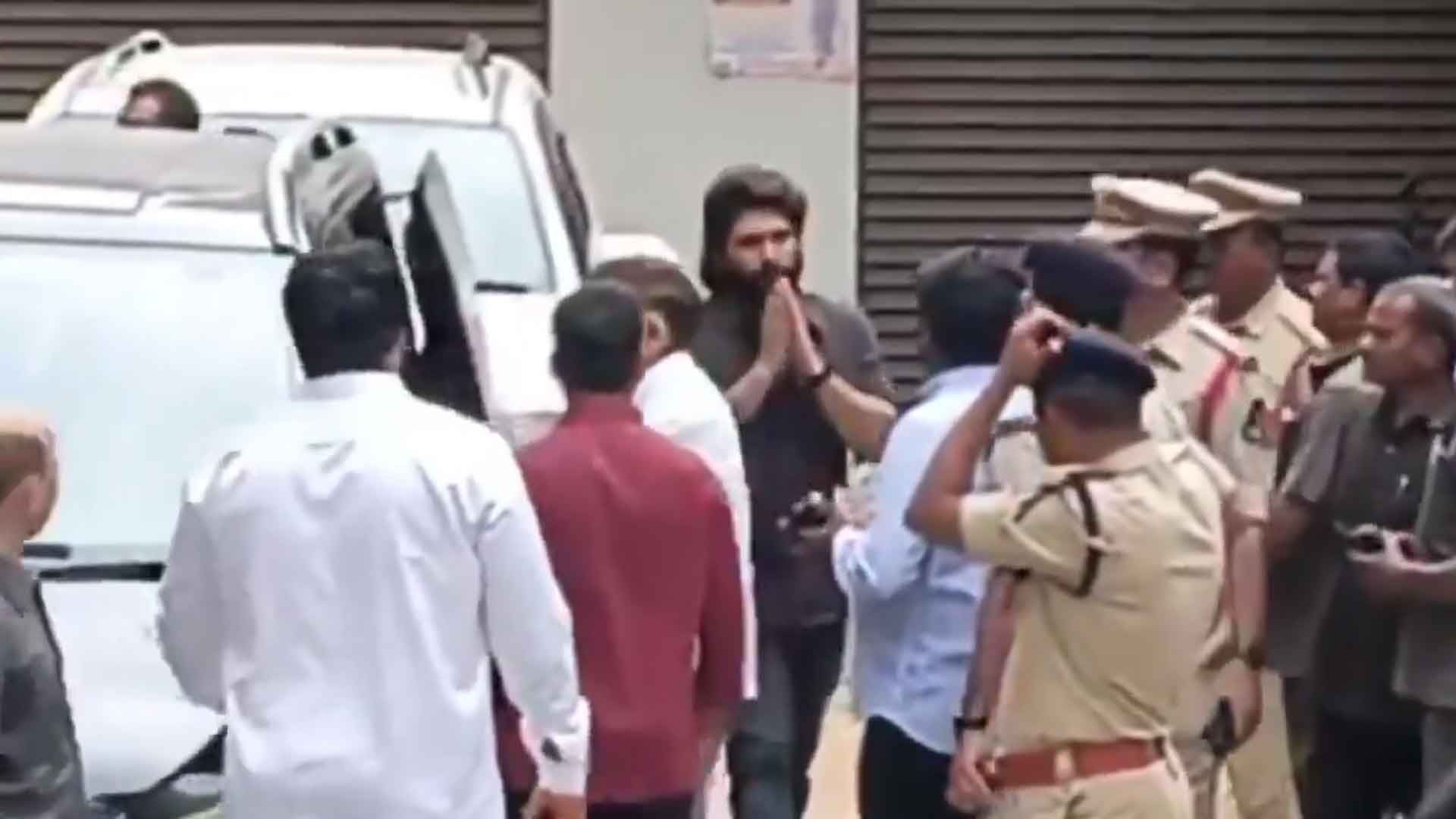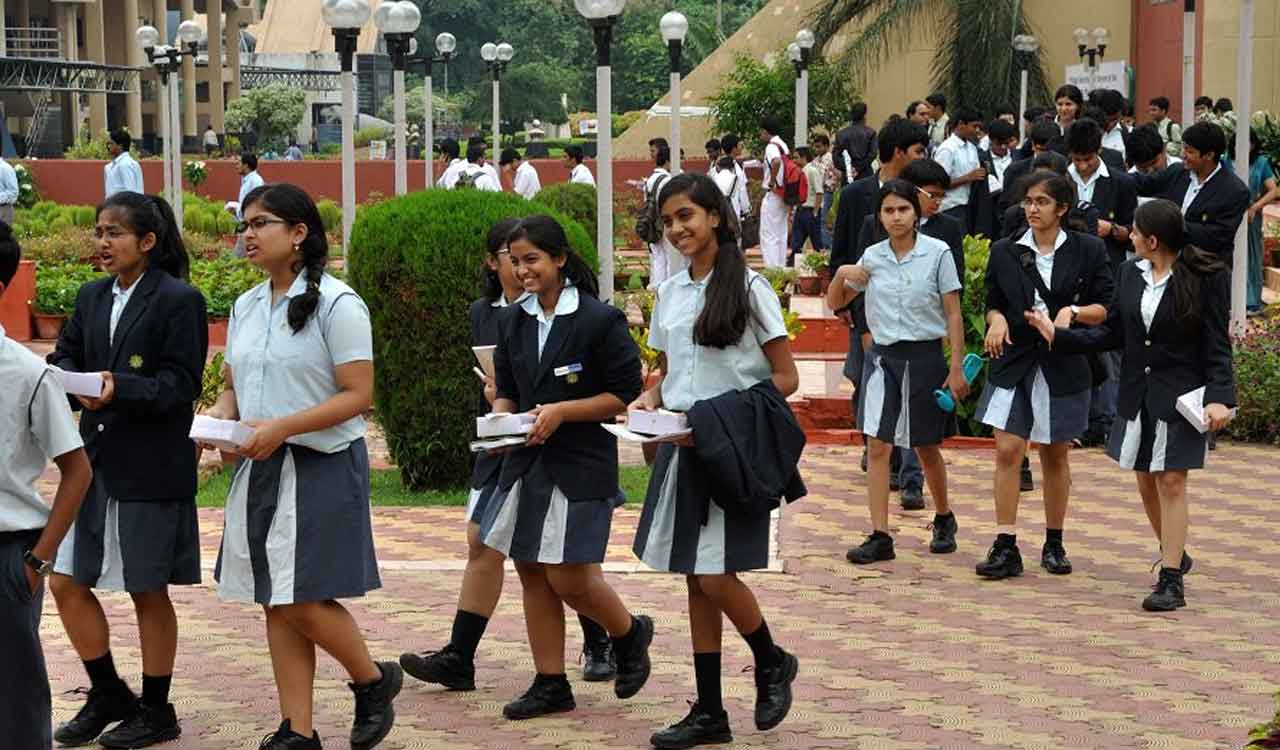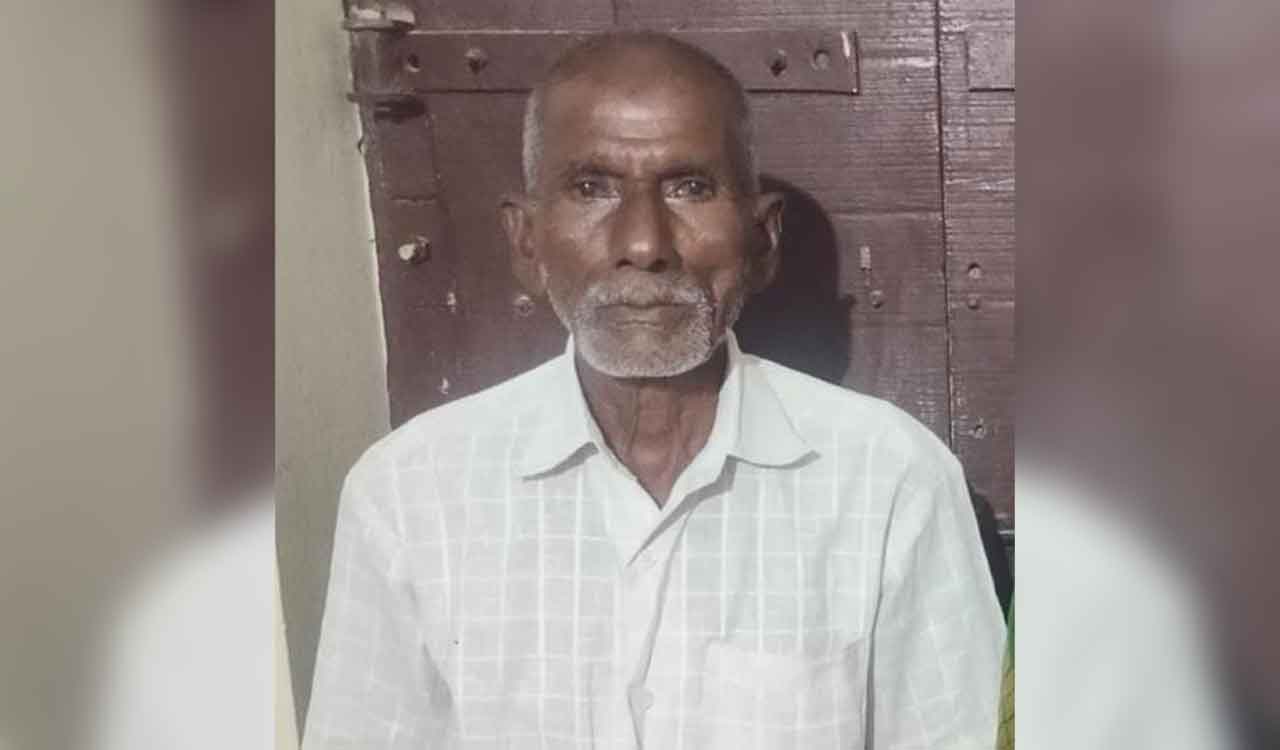Himalayan crisis
By arbitrarily seeking to dissolve Parliament, Oli has put his greed for power over the interests of the country

The turmoil in Nepal, precipitated by Prime Minister KP Sharma Oli’s decision to dissolve Parliament to outsmart his rivals within the ruling Communist coalition, is bound to have diplomatic repercussions for India. While the internal bickering has been going on for several months, what triggered the current constitutional crisis was the ordinance issued by the Oli government to amend the Constitutional Council Act. This was meant to empower the Prime Minister in making crucial appointments, with a potential to undermine the checks and balances in the system. Clearly, the Oli regime was moving inexorably on an authoritarian path after an intra-party feud between the two prominent leaders of the ruling coalition — Oli and Prachanda — pushed the Himalayan nation into a crisis. Political stability has always eluded Nepal. In 58 years, it had 49 prime ministers and saw many political systems, ranging from pure monarchy, elected government with monarchy and constitutional monarchy to a democratic republic but ruled by Communist parties. Instead of strengthening the democratic institutions and focusing on governance, the present regime of the Nepal Communist Party (NCP), formed in May 2018 with the coming together of the country’s two major Left parties — the Communist Party of Nepal (Unified Marxist–Leninist) led by Oli, and the Communist Party of Nepal (Maoist Centre), led by Prachanda, has become a divided house, bogged down by infighting and ego clashes. As a result, the land-locked country has lurched from one crisis to the other. With the collapse of the constitutional order and dissolution of Parliament, fresh elections will now be held in April-May 2021, a year ahead of the schedule.
The calamitous developments in Kathmandu come at a time when India has been trying to reset the bilateral equations, which came under strain in recent times. While Oli’s tilt towards China was well-known, what made matters difficult for Indian diplomacy was his authoritarian impulse and his refusal to buy peace with his own coalition partners. With a massive mandate for the Communist alliance in 2017, Oli had a historic opportunity to steer the economy out of the crisis and provide leadership for a nation transitioning from monarchy to democracy. By arbitrarily seeking to dissolve Parliament, he has put his greed for power over the interests of the country. The Communist veteran went on to amend the Constitutional Council Act allowing him to nominate his favourites at the helm of several constitutional bodies, including the anti-graft body. This eventually prompted disgruntled members of Parliament to register a no-confidence motion despite the House not being in session. Sensing the loss of majority in both party and the House, the Prime Minister finally resorted to the desperate move of dissolving Parliament.
Now you can get handpicked stories from Telangana Today on Telegram everyday. Click the link to subscribe.
Click to follow Telangana Today Facebook page and Twitter .
Related News
-
Hyderabad auto driver foils attempt to kidnap young woman, five held
-
Sandhya Theatre stampede case: Allu Arjun questioned for 3 hours by Chikkadpallly police
-
Telangana: TRSMA pitches for 15% school fee hike and Right to Fee Collection Act
-
Hyderabad: Organs of 74-year-old man donated as part of Jeevandan
-
Save future of Telangana NEET PG aspirants, IMA writes to CM Revanth Reddy
34 mins ago -
Telangana techie loses Rs 4.15 lakh to online gold trading fraud
1 hour ago -
Hyderabad: Couple working as house help at doctor’s residence held for theft
1 hour ago -
Haiti gang attack on journalists covering hospital reopening leaves 2 dead, several wounded
3 hours ago -
21 dead as Mozambique erupts in violence after election court ruling
4 hours ago -
Cartoon Today on December 25, 2024
11 hours ago -
Former Home Secretary Ajay Kumar Bhalla appointed Manipur Governor, Kerala Governor shifted to Bihar
12 hours ago -
Opinion: The China factor in India-Nepal relations
13 hours ago




